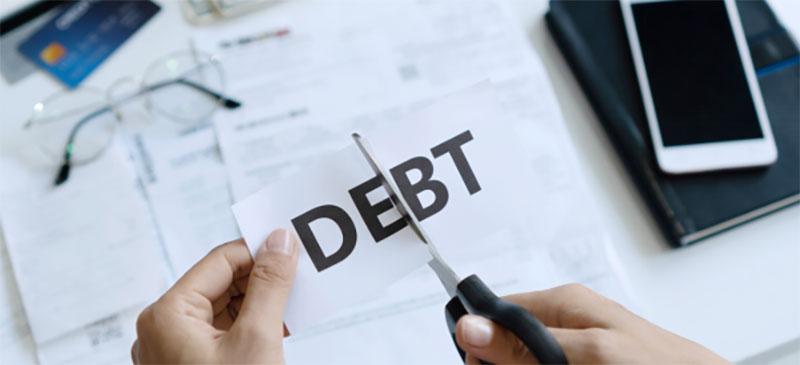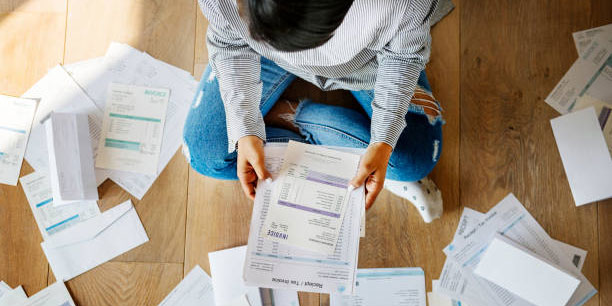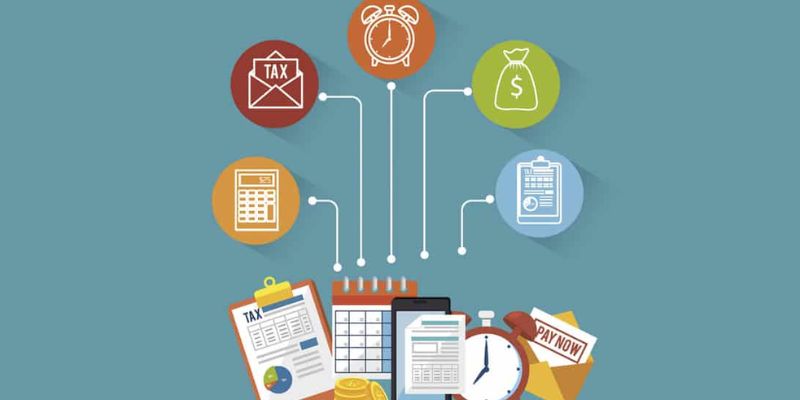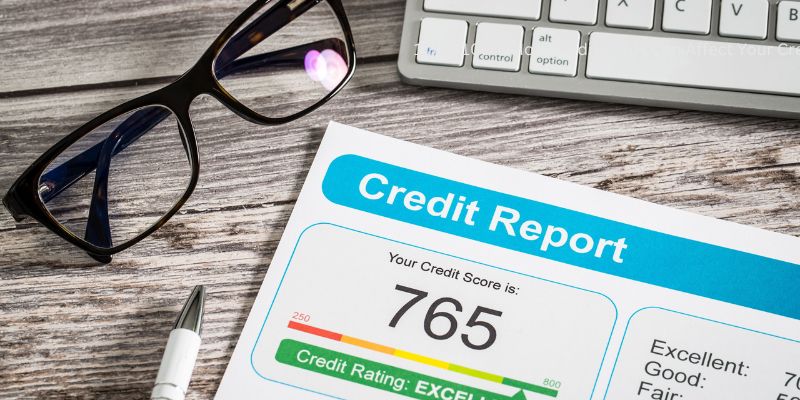Do you feel overwhelmed by the growing debt piling up from your taxes? You are not alone – many individuals and businesses face this situation yearly. But don’t give up hope! Several ways to tackle tax debt may be right for you.
This post will explore options available to help manage these payments and regain control of your finances. Keep reading to learn more about how working with a tax professional or adjusting tax withholding can put you on the path to getting out of tax debt!
Why is tax debt so stressful?
Tax debt can be incredibly stressful – you are dealing with a serious financial problem and may face potential legal repercussions. The IRS can impose penalties and interest charges on unpaid taxes, pursue wage garnishments, or seize assets.
The longer your tax debt remains unpaid, the more severe these consequences become and the greater the impact on your financial situation.
10 ways to overcome your tax debts

If you’re struggling with tax debt, don’t panic – there are ways to escape it. Consider taking the following steps to start tackling your debt:
1. Negotiate with the IRS:
If you cannot pay your taxes due to financial hardship, negotiate with the IRS to set up an installment plan or even reduce the amount you owe.
2. Delay your filing:
By delaying your tax filing, you can pay off some of your debt and make it easier to make full payments when submitting your return.
3. Utilize taxpayer relief:
The IRS provides a few options for taxpayers needing help fully paying their taxes. These include offers in compromise, a partial payment plan, or even canceling some of your debt if certain conditions are met.
4. Request penalty abatement:
If you prove that you had reasonable cause for not filing and paying taxes on time, the IRS may grant you a penalty abatement and reduce or eliminate any additional fees.
5. Utilize IRS payment plans:
If you can’t pay your taxes in full, the IRS offers a few options for taxpayers to make regular payments on what they owe over time, including a direct debit installment agreement and an online payment agreement.
6. Seek professional help:
Tax debt can be very complicated, and if your situation is more serious, it may be best to consult with a tax professional or an enrolled agent to help you through the process.
7. Consider bankruptcy:
In some cases, filing for bankruptcy may provide relief from tax debt depending on how much you owe and other factors. However, this should only be considered as a last resort.
8. Set up an automatic payment plan:
If you prefer to pay off your debt independently, consider setting up an automatic payment plan with the IRS to make regular payments without worrying about missing deadlines or late fees.
9. Look into state tax credits:
Some states offer special tax credits that may reduce your overall liability for taxes and help you to pay off your debt faster.
10. Take advantage of deductions:
Finally, take advantage of any deductions or credits that might be available to you so that you can reduce the amount of taxes you owe and ease the burden of paying them back. By exploring these options, you can find a way to overcome your tax debts and get back on track.
What can I do to repay my income tax debt?

If you owe money to the IRS, several options may help you pay off your tax debt. Exploring all available ways to find the best solution for your financial situation is important.
First, contact the IRS as soon as possible and make sure you understand exactly how much you owe. Consider exploring an installment agreement allowing you to pay your debt monthly. Depending on the size of your debt and other factors. The IRS may charge interest or a penalty for this arrangement.
Alternatively, you could negotiate an offer-in-compromise with the IRS. This settlement allows you to pay less than the full amount you owe. It is a difficult process, and the IRS will consider your income, expenses, ability to pay, and other factors to determine if an offer-in-compromise is possible.
Lastly, you could negotiate a currently not collectible status with the IRS. This means the IRS agrees to suspend collection activity for financial reasons or another hardship until you can pay your debt.
FAQs
What is the tax benefit of debt?
The tax benefit of debt is the potential to reduce your total taxable income and overall tax burden. Debt payments, such as interest on a loan or credit card balance, can be used to offset some of your other income for the year. This can result in you paying less taxes than if you had not taken on any debt.
How can I save on taxes?
There are many ways to save on taxes, including taking advantage of available tax deductions and credits. You can also explore restructuring existing debt or taking out new loans for more favorable terms. Additionally, you can negotiate with the IRS if you owe back taxes or penalties.
What is the best company to help with back taxes?
When researching companies to help with back taxes, looking for someone experienced and reliable is important. You should also ensure that the company you choose specializes in tax debt and has knowledge of applicable laws. Additionally, check customer reviews or ask for references from satisfied customers before deciding.
Conclusion
This article has given you some useful information about tax debt solutions and how to explore ways to help you overcome your debt. Remember that the best way to avoid getting into a situation where taxes are owed is by being proactive and staying on top of your finances throughout the year.
If needed, talk with a professional who can provide tailored advice specific to your financial situation. You can find the right solution to your tax debt with careful planning and a proactive approach.




